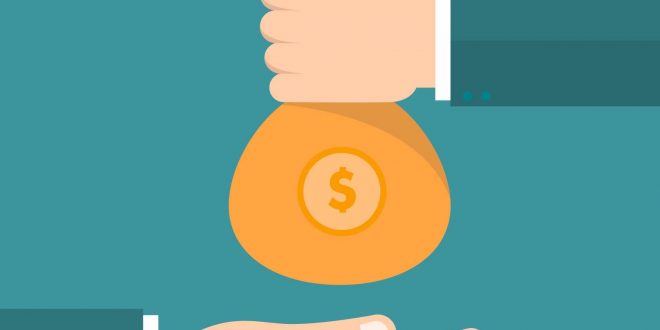No Poverty


Universal Basic Income in Israel - An Update
Instead of allowances based on different levels of need, why not have one universal basic income for every citizen, regardless of economic status or family situation? So, propose Dr. Michael Sarel, head of the forum Kahelet LeKalkala, and Dr. Ori Katz, senior researcher at the Kahelet forum. This is no off-the-cuff suggestion, either. This proposal comes complete with simulations of the national budget, worldwide comparisons and a very sober look at the benefits and drawbacks of the proposal. To be sure, the benefits are vast. The catch: An increase in income tax (along with the dissolution of some other allowances and the abolishment of tax exemptions).
The basic idea of the plan is a varying income for individuals based on age and family size. Seniors, for example, will earn an income that is higher than that for middle-aged adults; families with five or more children will earn less per child for their fifth and sixth than they did for their first and second.


One of the benefits of levelling the playing field, according to Dr.s Sarel and Katz is the construction of a civil safety net for the nation’s citizens. In other words, there will be no longer be a need to locate and aid the nation’s destitute, enabling a never-ending cycle of dependency. Entitlement will be even across the boards for everyone. Simplicity is another benefit: Citizens will no longer have to put up with applications and visits to the myriad of bureaucratic offices just to receive the benefits they have coming to them. Further, such a plan could contribute to a decrease in the number of people turning to the Black Market to hide their income. Finally, a basic universal income would do away with the current discrepancies in benefits that are awarded seemingly haphazardly to wealthy and poor alike. A basic, steady income from the government could give citizens more freedom with their time. Ultimately, the plan could mean shekels saved by the government, leading to an increase in the universal basic income.
But at what price? The elimination of child allowances, pensions for the elderly, unemployment benefits, income support, survivor’s pension, some disability funds, some maternity allowances, work grants and assistance fees for those studying Torah, as well as certain tax exemptions and other allowances, to name a few. And of course, an increase in income taxes, which could possibly make the poor even poorer. Additionally, it has been demonstrated that a single-parent mother would earn less under the universal basic income than she currently earns. Exceptions to the basic model can of course be made.
In a handful of countries, a universal basic income has made at least a small dent, if not a large impact. Other countries are still seeking to pass the reform. What this allowance will mean – and who will ultimately be the most affected by it if it does pass – in Israel remains to be seen.
Related articles


SDG 1- Hackaveret – Combating the cycle of poverty with innovative projects
No Poverty Every community has a portion of the population that comes from a disadvantaged background. At-risk youth, people with disabilities, financially strapped elderly, and


SDG 1 – Using Blockchain to Help African Farmers
No Poverty According to the UN, more than 1 billion people have been lifted out of extreme poverty since 1990. But at the global level


SDG 1 – Resilient Safety Net
No Poverty The Government’s changing of the guard has undeniably had some unpleasant incidents. But there was at least one beautiful instant demonstrating that Israel’s


















